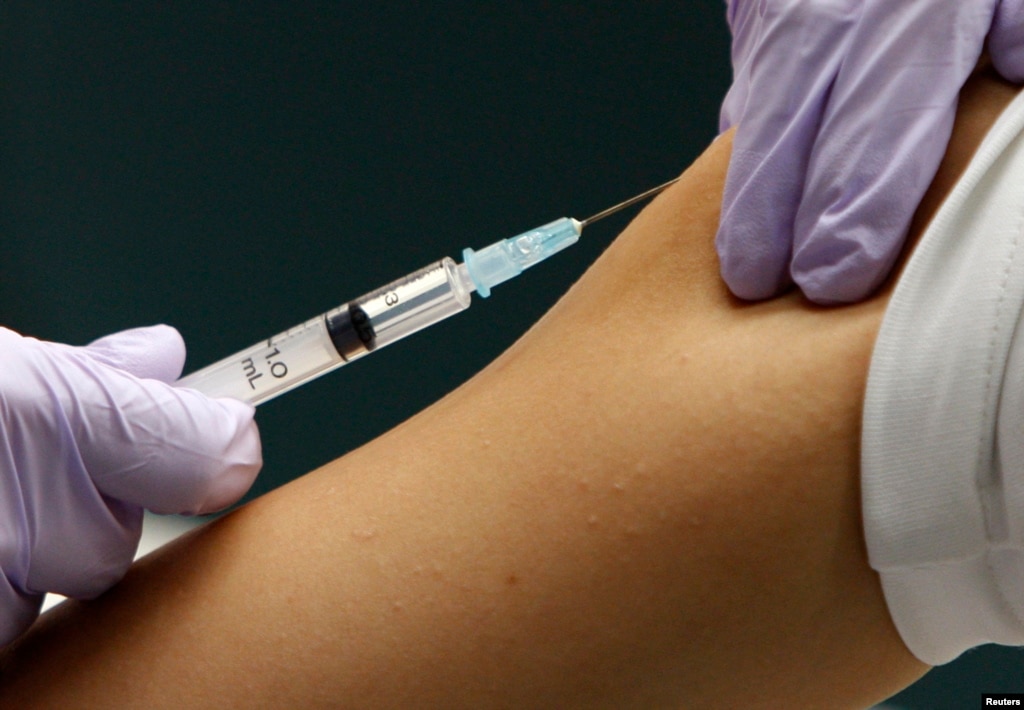Diabetes - TB link found in Australia
A 20-year study by James Cook University scientists has found a strong link between diabetes and tuberculosis in tropical Australia.
Despite massive improvements in sanitation and antibiotic coverage over the last century, TB still remains the leading bacterial cause of death worldwide.
Previous studies conducted in developing countries where TB is endemic have demonstrated the connection between the two diseases.
But the study by JCU and Townsville Hospital researchers, published in the American Journal of Tropical Medicine and Hygiene, has for the first time established a connection between diabetes and TB much closer to home.
Scientists looked at data from the Townsville Hospital over a 20-year period (1995-2014) and found patients with diabetes were much more likely to develop TB than the general population.
The study also revealed Indigenous Australians and overseas-born patients, primarily from Papua New Guinea, were over-represented in both the stand-alone TB group and in the TB-diabetes group. “If a person has diabetes they are up to seven times more likely to contract TB compared to the general population,” said Tahnee Bridson, a researcher involved in the project.
 According to the Director of Microbiology at Townsville Hospital, Dr Robert Norton, people with diabetes suffered from “immune dysregulation” and were more prone to contracting the deadly infection.
According to the Director of Microbiology at Townsville Hospital, Dr Robert Norton, people with diabetes suffered from “immune dysregulation” and were more prone to contracting the deadly infection.
“You can have TB your whole life and not know it, but if you suffer from diabetes and your immune system is not functioning well, it can flare up.”
It had been assumed that higher standards of care for diabetic patients in Australia and the relative rarity of TB meant there was not as strong a link between the two ailments.
But the JCU study showed that while the overall numbers were lower, the proportion of diabetics developing TB was the same as in less-developed countries.
Dr Norton said the findings support the view that there must be screening of patients with diabetes for latent TB in any setting.
“It is especially important because the prevalence of type two diabetes is increasing at a very significant pace,” he said.
Scientists at JCU are developing experimental models that will enable them to study the interaction between the bacteria that causes TB and immune cells with similar properties to those from patients with diabetes.
“Without such models we will not be able to study the defects that make patients with diabetes more susceptible to TB,” according to Professor Natkunam Ketheesan. “Such models are useful in developing treatment protocols and prevention strategies.”
It is estimated that if diabetes could be reduced by 35% globally, 1.5 million TB deaths and 7.8 million infections could be prevented, making this an important area where further local research is warranted.
###
Alistair Bone
.(JavaScript must be enabled to view this email address)
61-409-734-542
James Cook University